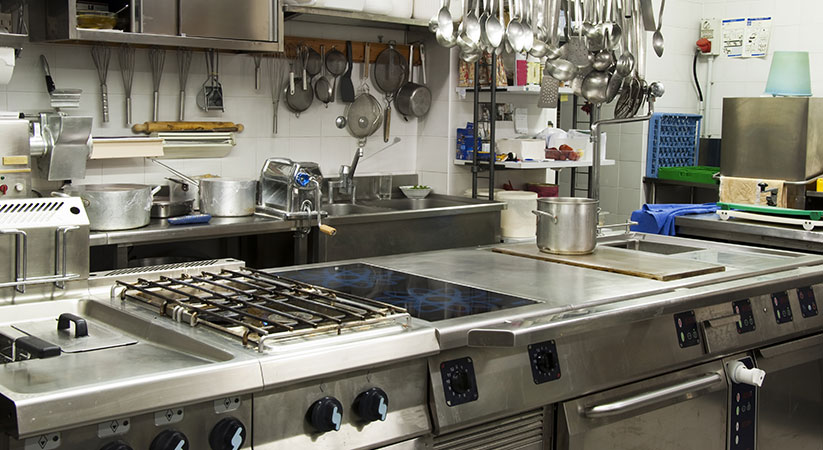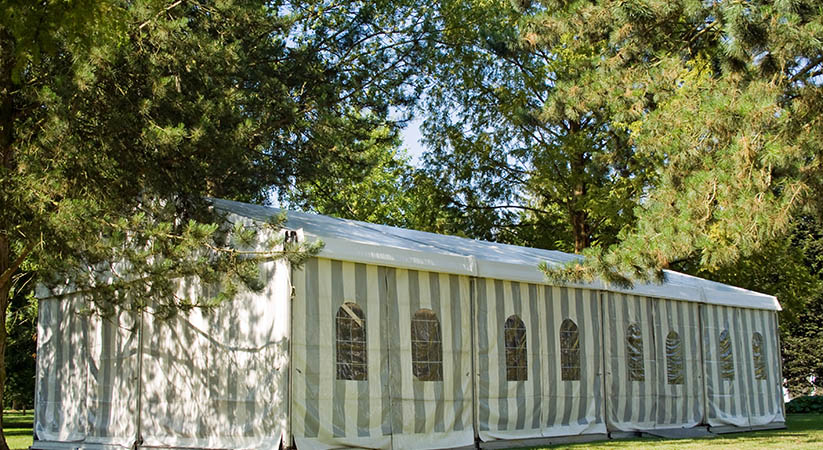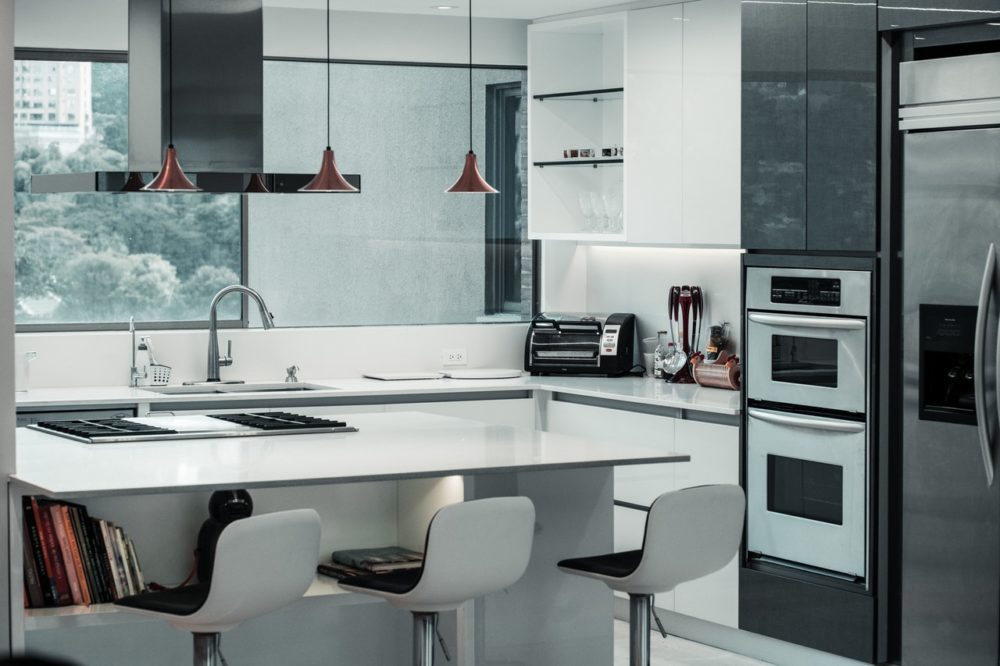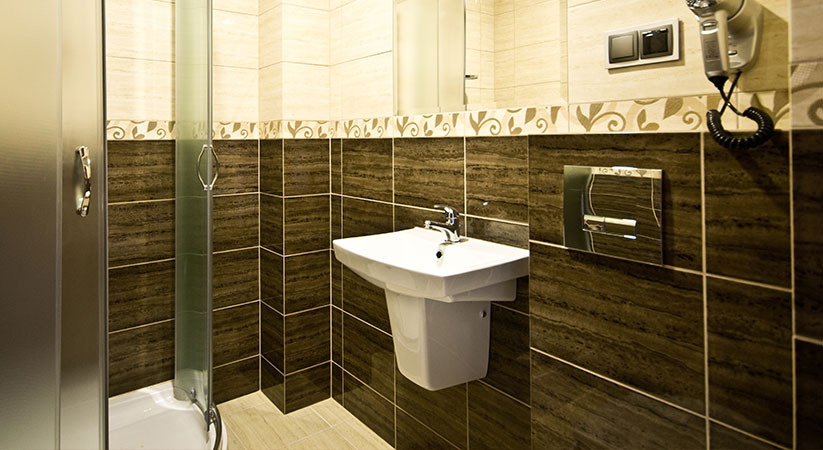Owning a garbage disposal is a way of creating little waste and at the same time preventing your waste from smelling. According to commercial garbage disposal repair professionals, there are a number of things you should know about your appliance. Some of these things include:
You need to be cautious of what you put down the unit
While the garbage disposal is a highly convenient appliance, putting the wrong products down it would damage it. To help you out, here are some of the things that you shouldn’t allow down the unit:
Non-food items: Remember that while you throw trash in the garbage disposal, it isn’t a trash can and you shouldn’t treat it as such. For the unit to continue functioning optimally without any issues, you should ensure that no non-food items find their way into the unit. You should only put food items there.
Fats and oils: Fats and oils should only go into the garbage can. While the two are liquid at the time of pouring them, they quickly solidify in the pipes causing blockages.
Pasta: What happens when pasta gets into contact with water? It expands. When you allow pasta or rice to go down the garbage disposal, it expands, clogging the sides of the pipes. In some cases, it can get caught in the motors. For you to protect your garbage disposal, put the pasta in the trash.
Fibrous foods: The most common fibrous foods are: celery, carrots, and potato skins. There is no reason you should put them in the garbage disposal unit as they easily shred and string off, and they might get stuck around the motor.
You should put them in the trash but if you have to put them in the garbage disposal, put them in small bits. When doing it, run cold water.
Egg shells: Some people have the notion that egg shells are good for the garbage disposal, but this isn’t the case. Once you have ground them, egg shells are gritty and they can cause a significant clog. Just like fibrous foods, they risk getting caught around the garbage disposal blades.
For you to be on the safe side, avoid putting the eggshells in the garbage disposal at all costs.
Bones: Bones are hard to break; therefore, when you allow them in the garbage disposal, they might end up just spinning around with the disposal blades. In some cases, they can damage the blades requiring you to undertake an expensive repair.
Coffee grinds: While they are fine and soft, wet coffee grinds are like sludge and can cause a huge buildup in your garbage disposal. For you to avoid having to repair your disposal, dispose the grinds in the trash.
Be aware of garbage disposal problems
Just like any other appliance in your place of work, the garbage disposal also develops problems. The most common issues are:
Leaking water: A slow leak under the sink can bring about a wide range of problems such as water damage, black mold, and pest infestations. Is there water coming from the top of the garbage disposal? You will have to replace the top flange and seal the problematic joint.
In some cases, the leak might be resulting from the drain lines connected to the side of the garbage disposal. For you to fix the issue you need to tighten the hose. You can also install a new gasket. If you have the skills, you can do the work but if you haven’t done it before, hire a repair professional to help you out.
Strong odors: Strong odors mean that the garbage disposal isn’t clean. The easiest way of keeping the odors at bay is to flush the pipes with vinegar, baking soda, and lemon juice.
You need to maintain the garbage disposal
For it to function optimally, you need to properly maintain the garbage disposal. One of the ways of maintaining it is hiring commercial appliances repair Alexandria once a month to inspect it and fix any issues it might be having.
You also need to regularly clean the appliance. When cleaning it, avoid chemical cleaners as they can damage the unit. The best way of keeping the unit clean is running cold water after throwing garbage into it.









